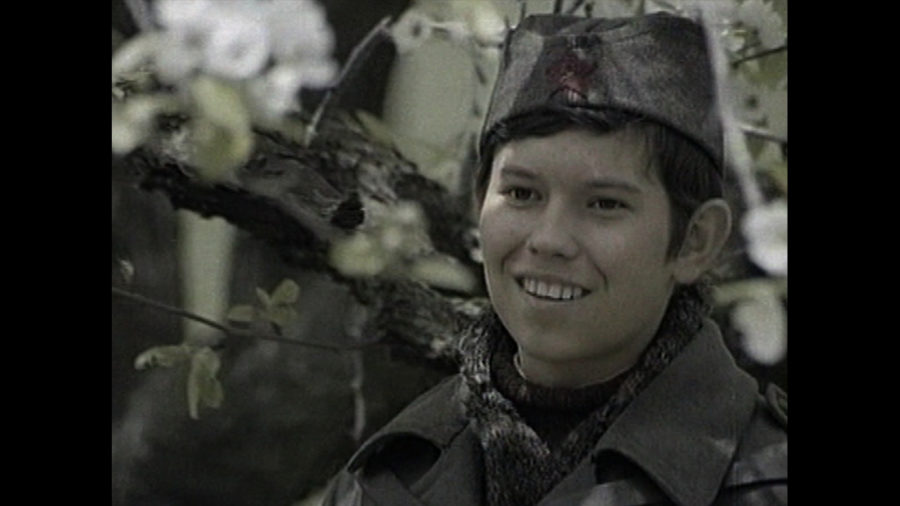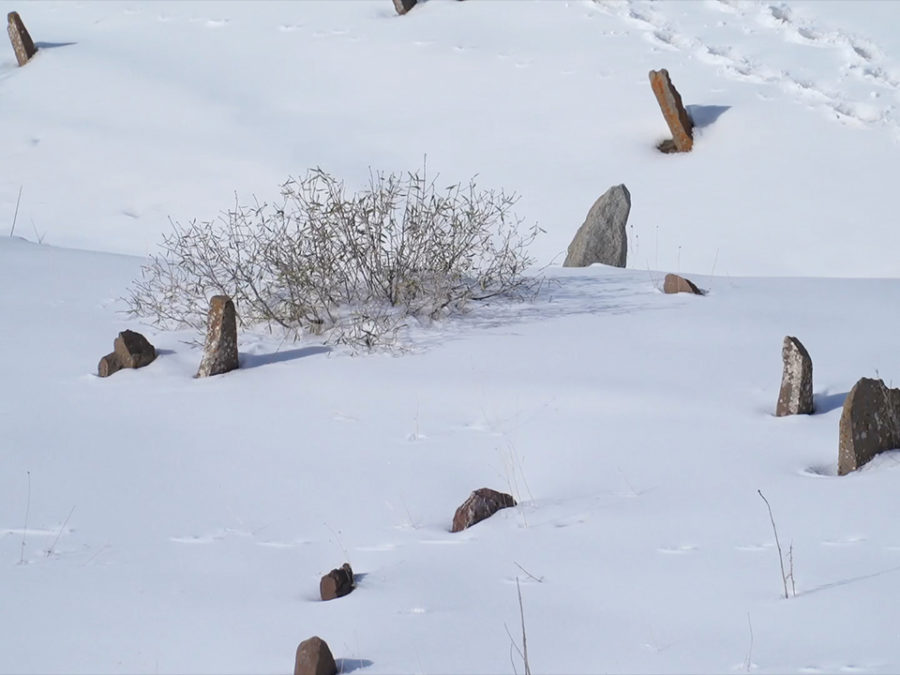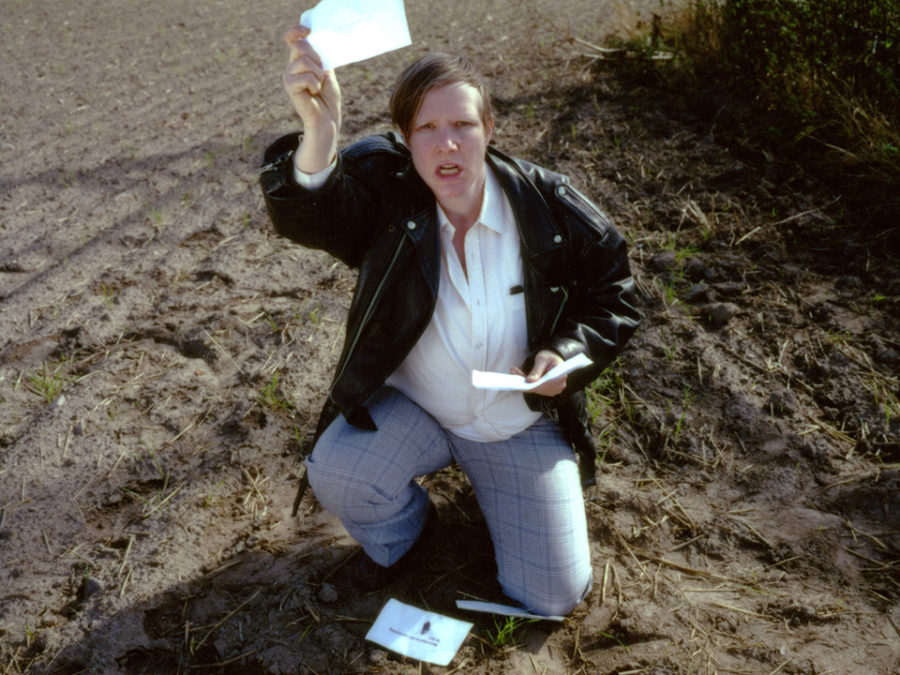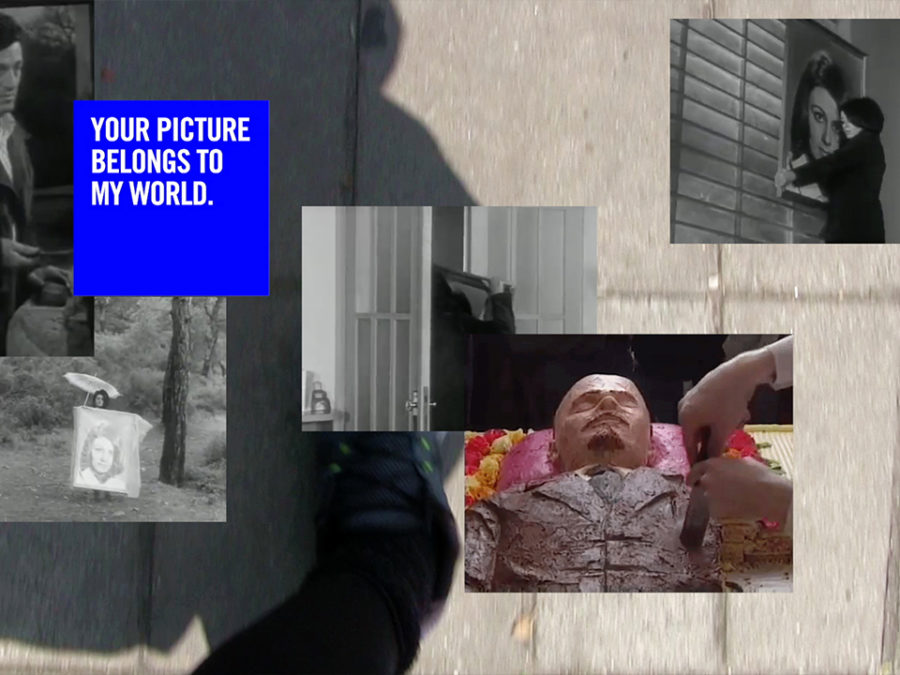Historical experience is not given; it is genuinely relational. History is in flux because relations between people, the world, nature, and the self are subject to change – to struggle. In the two editions of the work Staging Actors / Staging Beliefs (2012), artist Renata Poljak turns to the topos of the ‘childhood hero’ to explore the uncanny flux of historical knowledge and amnesia, searching for a place of struggle.
The opening scenes introduce the 1978 film Boško Buha, which tells the story of children, barely teenagers, active in the armed resistance of the Yugoslav Partisans during WWII. The Partisan movement was an armed resistance that fought against ethno-nationalist, fascist violence and class exploitation. As a self-organized army of many, including children, its members were compelled to choose between Nazi persecution and death or becoming a Partisan. An insistence on life and freedom has been the “red thread” of Partisan heritage – evolving from the alliance between historical knowledge and propaganda –, which the Yugoslav filmography significantly shaped.
The eponymous historical character Boško Buha is an icon of ‘socialist childhood’– a child who needed affection but not patronization, because he or she was THE political subject of the modernization process. This is a theme Renata Poljak builds on in the second part of the two-piece installation, Homage to Slavko Štimac. The title refers to another emblematic film* on children in socialism being capable of historical action. In Boško Buha, Renata Poljak turns to actor Ivan Kojundžić, who gave a face to the iconic child-partisan Boško. The actor would later, as an adult, fight in the wars of Yugoslav dissolution. His contradictory answers in Poljak’s video set the stage for the central question as to the relation between the (historical) figure and (historical) actor or agent.
* Mate Relja (director), Vlak u snijegu, 1976.
Renata Poljak graduated from the School of Fine Arts in Split and completed her MFA at the École Régionale des Beaux-Arts Nantes, France. Poljak’s work has been exhibited widely in solo and group shows, at biennales, and film festivals. She has received several awards, screening her films at the Palais de Tokyo (2012) and as part of the Prospective Cinema program at the Centre Georges Pompidou (2010). The Village Voice selected her solo show in NYC as Best in Show for the month of January 2013. In 2016 she had solo museum exhibitions at the Museum of Contemporary Art of Istria, Pula, at the Museum of Fine Arts, Split, and at the Danubiana Museum in Bratislava. In 2017 Verlag für moderne Kunst published her artist book in Vienna. http://renatapoljak.com/




